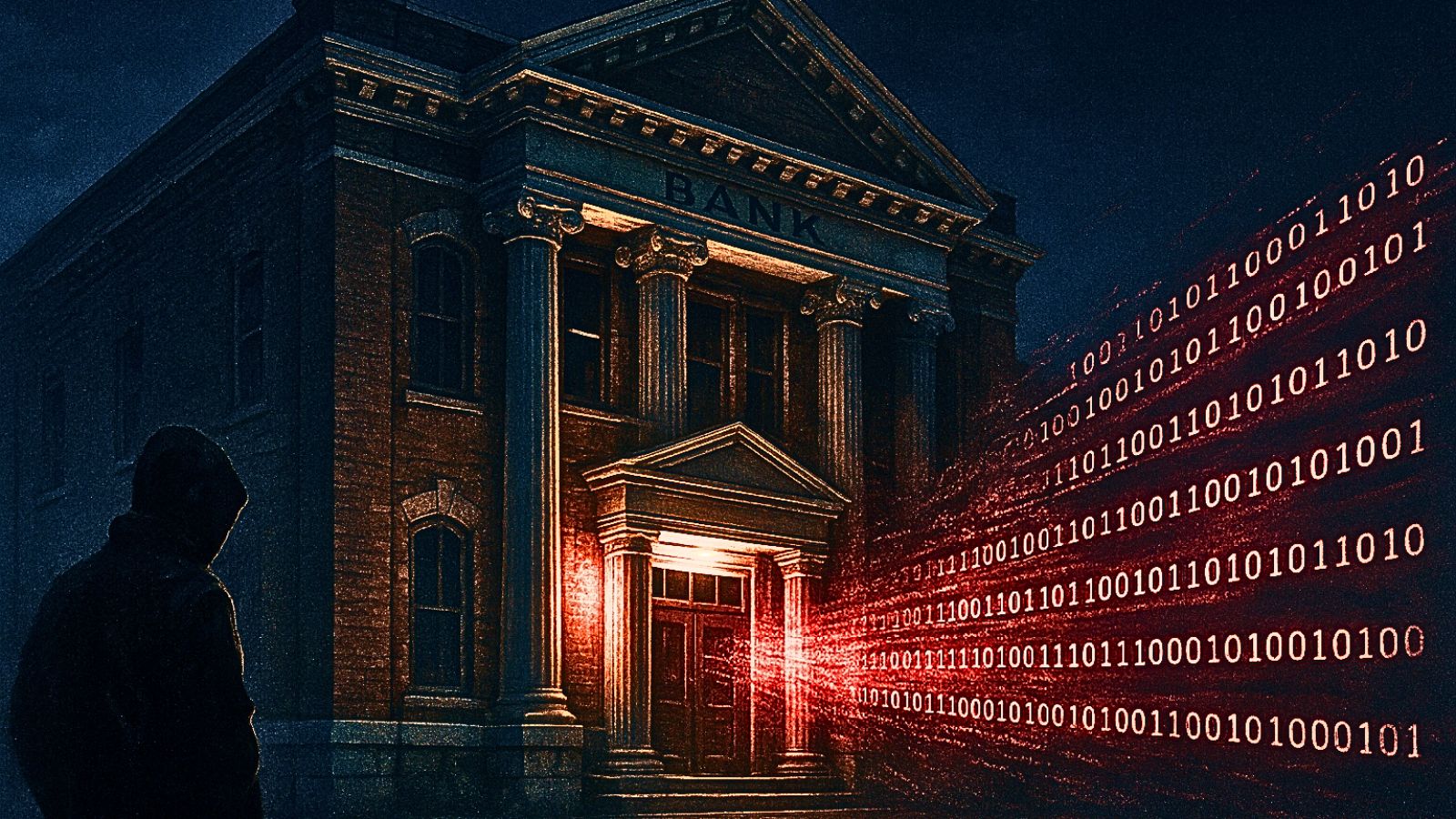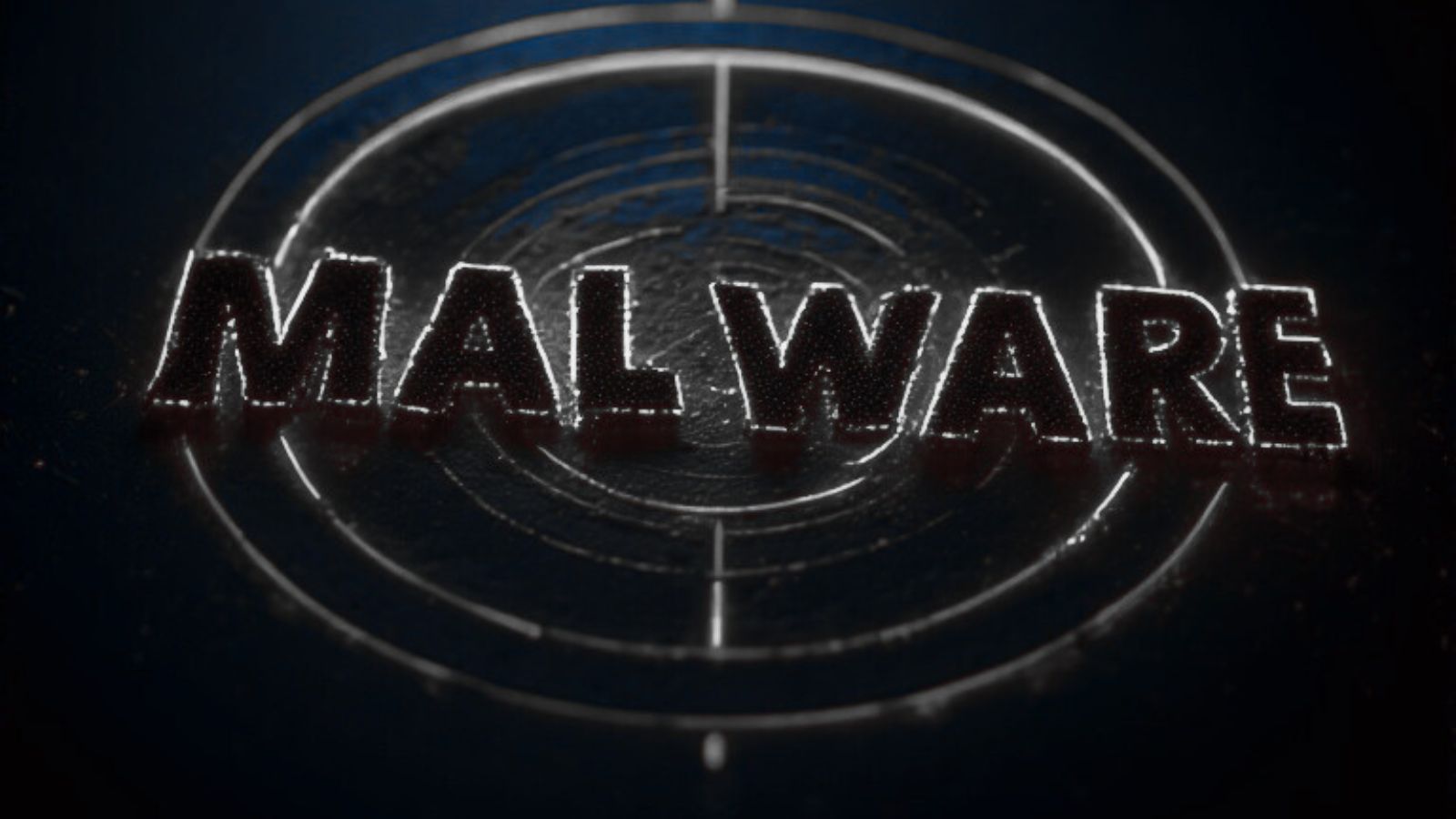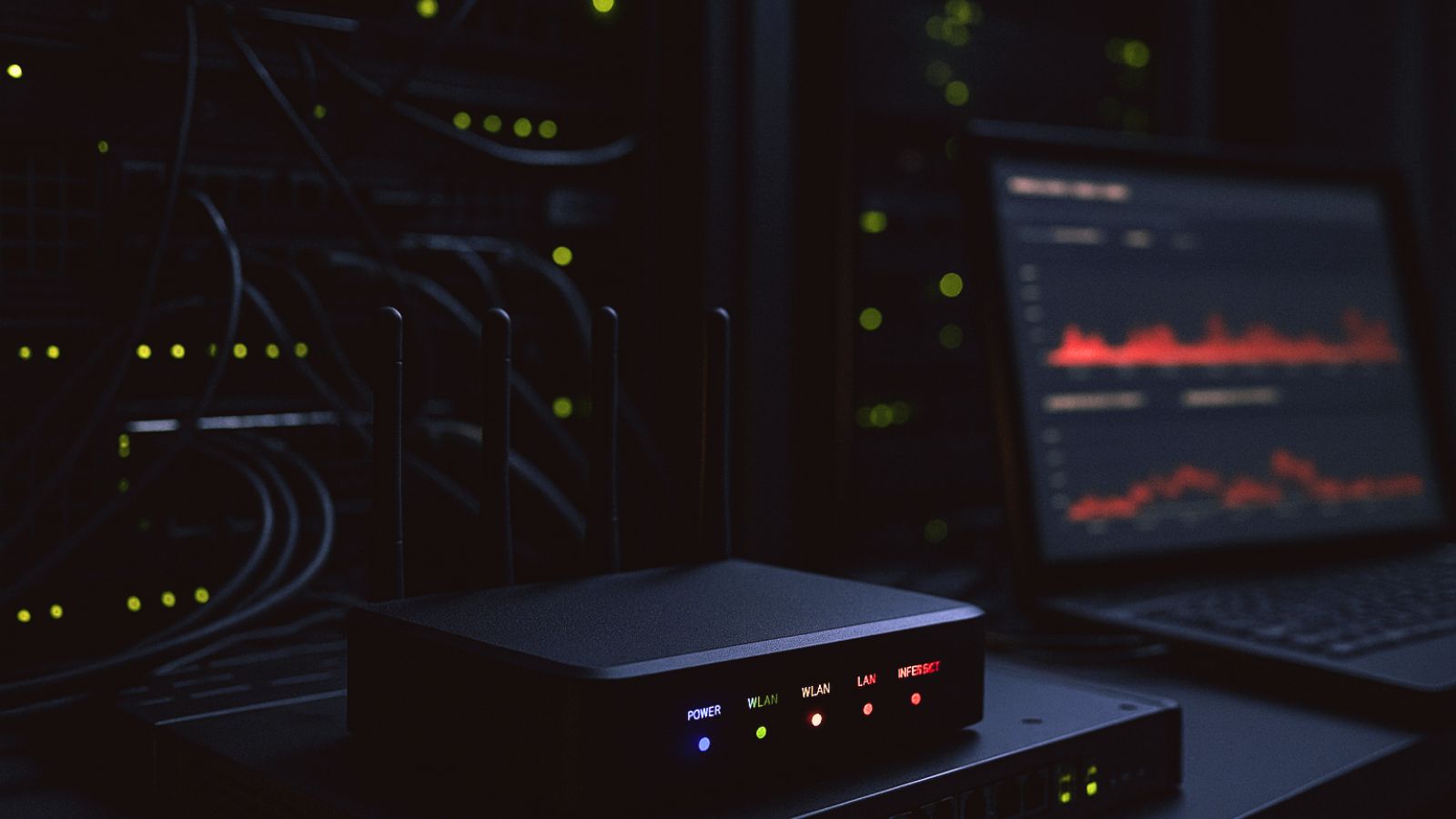
The U.S. Department of Justice Warns of the Dangers of Advanced Piracy
- The U.S. DOJ warns that piracy is starting to get out of hand, due to advanced technological tools.
- Piracy has gone from individual small-scale infringements to massive illicit content sharing operations.
- The DOJ doesn’t think the law will ever be adequate, so they call for a focus on chasing the big players.
The U.S. Department of Justice (DOJ) issued a warning, analyzing the rising threat of advanced pirating streaming services. The warning focuses on how the sophisticated tools that are quickly becoming available to a broader audience are generating millions of dollars in illegal profits for criminal groups. As the DOJ points out, a decade ago, the piracy scene was a lot different than what it has grown to become today. Back then, individual downloads weren’t causing such a rip on so many different levels in the system.
The DOJ points to BitTorrent and describes how peer to peer networks remain a huge and unresolved problem for copyright holders and the legitimate media distribution platforms. As the Assistant Attorney General, Brian A. Benczkowski points out: “Copyright pirates have moved from peddling individual copies of movies, music, and software on street corners or offering individual downloads online, to operating technologically advanced, multi-national streaming services that generate millions of dollars in illicit profits. One of the services – known as Jetflicks – allegedly obtained infringing television programs by using sophisticated computer scripts to scour pirate websites around the world and collect the television shows.”
The issue for the DOJ is that piracy has broken from its "small-scale" shell and is now taking place at humongous scales. Possibly, the DOJ fears that if nothing is done to stop it at this point, the consequences of having it grow further will be both unpredictable and non-manageable. So, what are they planning to do about it? According to Benczkowski, the plan is to continue to pursue "high-impact" cases that will help deter the pirating community from intensifying their activities in general. The spokesman calls for the strengthening of international collaborations against "the worst actors," which is something that we are already witnessing through ACE.
But the laws need to be amended too according to the warning, as the existing ones are deemed inadequate. The DOJ representative claims that smart criminals always consider the existing legal context and try to find ways to avoid serious repercussions. The legal context is always one step behind, trying to catch up with technological developments. Right now, we could say that it is multiple steps behind, and Benczkowski stated that law enforcement will never be in a position to solve IP crime problems solely through prosecution.
Do you have something to comment on the above? Share your thoughts with us in the section down below, or on our socials, on Facebook and Twitter.







